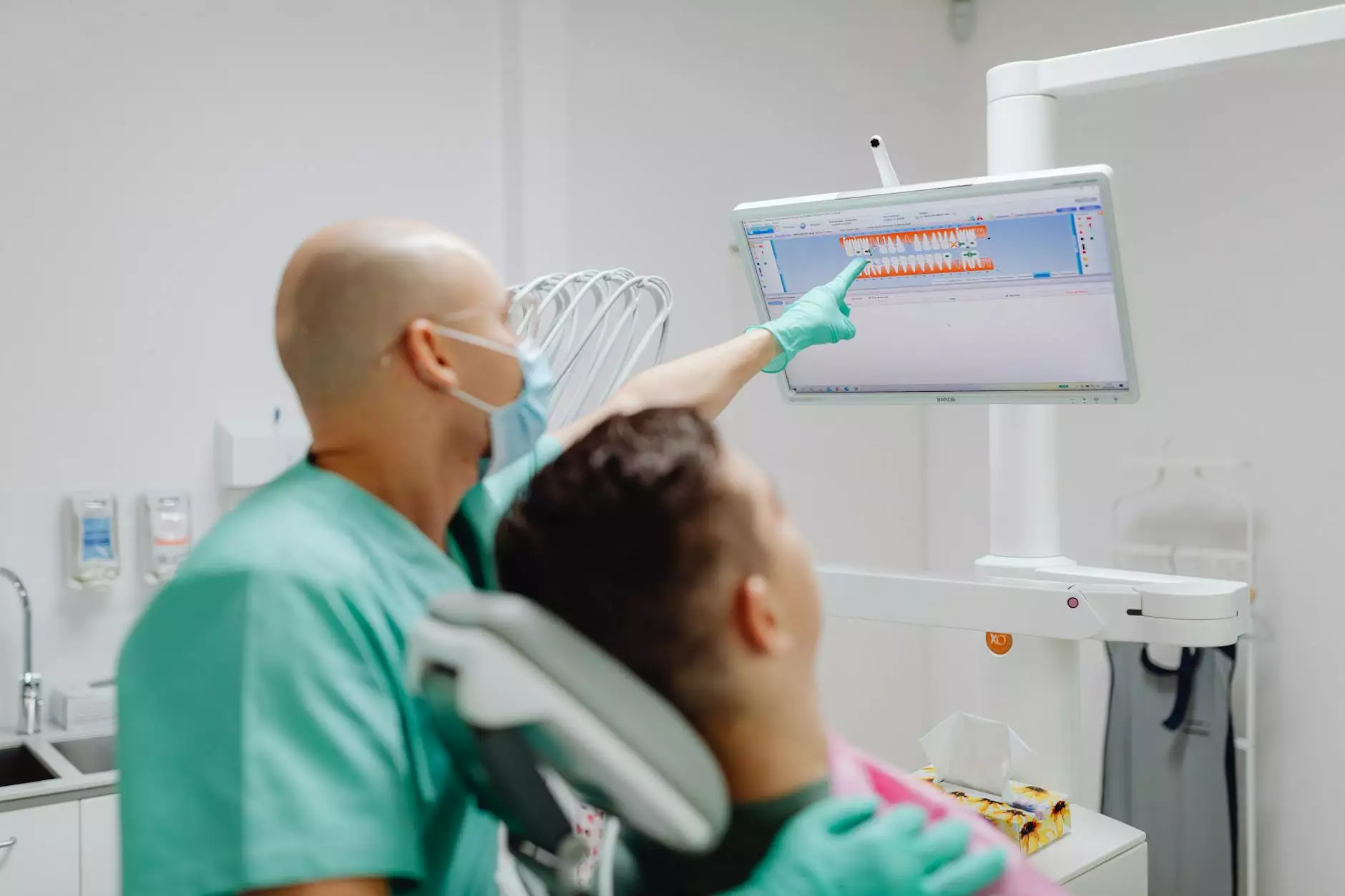The Future of Business in Health and Medical Services

Health and medical services are undergoing rapid transformations, and businesses within this sector are continually adapting to meet the evolving needs of patients and healthcare providers. One of the critical areas of focus is SPS, or Specialized Patient Services, which enhances patient care through tailored solutions.
Understanding SPS: A Necessity in Modern Healthcare
SPS stands for Specialized Patient Services, which are essential for improving patient outcomes in various domains, including diagnostics and medical care. As healthcare systems become more patient-centered, the importance of SPS cannot be overstated.
What Are Specialized Patient Services?
Specialized Patient Services are designed to provide comprehensive support to patients, addressing their unique needs at every stage of care. This can involve:
- Coordinated Care: Ensuring seamless transitions between different healthcare providers and services.
- Patient Education: Equipping patients with the knowledge they need to make informed choices about their health.
- Personalized Treatment Plans: Developing tailored strategies that consider individual patient preferences and medical histories.
The Rising Demand for SPS in Healthcare
The global healthcare landscape is shifting towards a model that emphasizes patient engagement and satisfaction. This is largely driven by several key factors:
1. Increasing Patient Expectations
Today's patients are more informed and demanding. They expect personalized care that considers their individual needs. SPS helps healthcare providers meet these expectations through:
- Targeted Services: Customizing services to match patient profiles.
- Enhanced Communication: Improving interactions between patients and providers, ensuring that concerns are addressed efficiently.
2. Advances in Technology
Technological advancements have opened up new avenues for enhancing patient care. SPS leverages these technologies to improve diagnostics and treatment.
- Telemedicine: Offering remote consultations and follow-up care.
- Data Analytics: Analyzing patient data for better outcome predictions and care plans.
3. Policy Changes and Healthcare Reforms
Recent healthcare reforms and policies are focusing on quality over quantity. This shift emphasizes the need for specialized services that deliver effective patient outcomes.
Implementing Effective SPS Strategies
To capitalize on the opportunities that SPS presents, healthcare businesses must implement effective strategies. Here are some essential approaches:
1. Stakeholder Collaboration
Collaboration among healthcare providers, patients, and families is vital for delivering effective SPS. This can be achieved through:
- Interdisciplinary Teams: Forming teams that include various healthcare professionals to provide holistic care.
- Feedback Mechanisms: Establishing systems for gathering patient feedback to continuously improve services.
2. Investment in Training and Development
Healthcare providers must invest in training their staff to enhance service delivery. This includes:
- Continuous Education: Keeping staff updated with the latest practices in patient care.
- Soft Skills Development: Training staff on effective communication and empathy.
3. Utilization of Technology
Incorporating the latest technology can significantly enhance SPS. Key technologies include:
- Electronic Health Records (EHR): Streamlining patient information and communication.
- Mobile Health Applications: Facilitating easier access to health information for patients.
Case Studies: Successful Implementation of SPS
Examining real-world examples can provide insights into the success of SPS in transforming healthcare services.
Case Study 1: High-Volume Diagnostic Center
A high-volume diagnostic center implemented SPS by investing in advanced imaging technologies and streamlining workflows. This resulted in:
- A 30% reduction in patient wait times.
- Improved diagnostic accuracy and patient satisfaction ratings.
Case Study 2: Community Health Initiative
A community health initiative focused on chronic disease management through SPS. The program:
- Created tailored care plans.
- Enhanced patient education, leading to a 25% improvement in patient adherence to treatment.
The Future of SPS in Health and Medical Services
The future of SPS is promising, with ongoing innovations and a greater focus on patient-centered care. Businesses in the health and medical sector must stay ahead by:
- Adapting to Changing Regulations: Keeping up with evolving healthcare policies and standards.
- Fostering Innovation: Encouraging a culture of innovation to promote new ideas in patient care.
- Staying Engaged with Patients: Continuously seeking patient feedback to optimize service delivery.
Conclusion: Embracing SPS for Better Healthcare
As the health and medical services sector continues to evolve, embracing SPS will be crucial for organizations that aim to improve patient care and satisfaction. By focusing on specialized patient services, businesses can meet the complexities of modern healthcare and position themselves for success in a competitive landscape.
Investing in effective SPS strategies not only enhances patient care but also builds lasting relationships between healthcare providers and the communities they serve. The potential of SPS in shaping the future of health and medical services is limitless, promising a brighter, healthier future for all.









